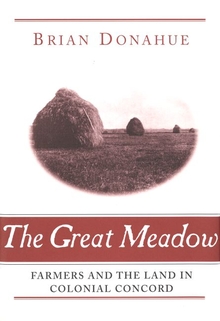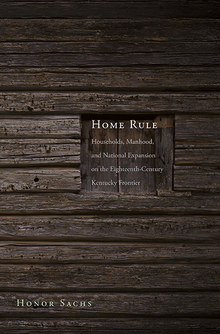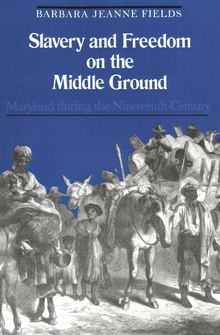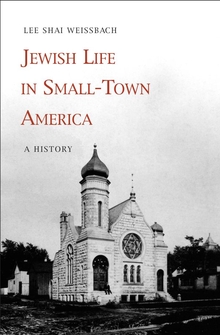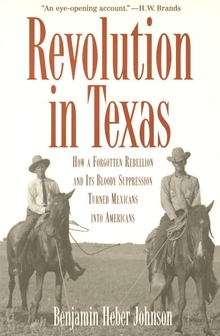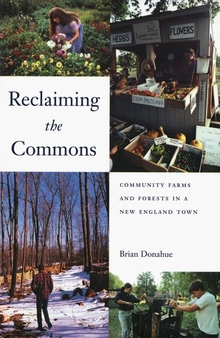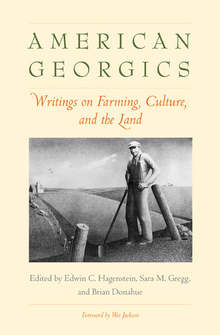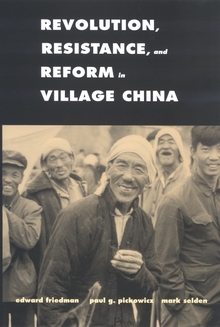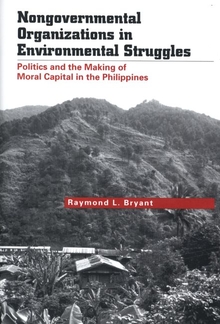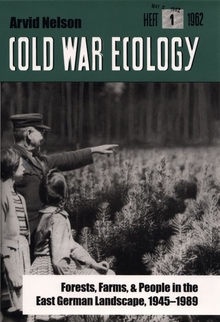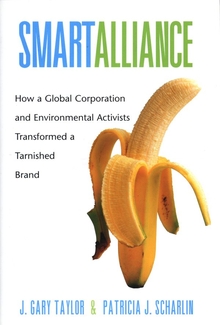The Great Meadow
WARNING
You are viewing an older version of the Yalebooks website. Please visit out new website with more updated information and a better user experience: https://www.yalebooks.com
Farmers and the Land in Colonial Concord
Brian Donahue
Out of Print
Donahue describes in precise detail—using among other tools an innovative historical geographical information system (GIS) method—how land was settled and how mixed husbandry was developed in Concord. By reconstructing several farm neighborhoods and following them through many generations, he reveals the care with which farmers managed the land, soil, and water. He concludes that ecological degradation came to Concord only later, when nineteenth-century economic and social forces undercut the environmental balance that earlier colonial farmers had nurtured.
“The Great Meadow is one of the first really new works in the rural history of the northern colonies to appear in many years.”—Daniel Vickers, UCSD
“In a field that centers on environmental degradation, Donahue has found a complex pattern of sustainable land use through eight generations. By unrivalled mastery of historical materials, and by reading the land through long experience of farming, he has set a new standard for environmental history."—David Hackett Fischer, author of Washington’s Crossing, associate professor of American environmental studies on the Jack Meyerhoff Foundation, Brandeis University
“Donahue knows this small New England place through the very soles of his feet. A lovely, sharp-eyed, and affectionate history of humans and nature in an America we have lost.”—Donald Worster, author of Nature’s Economy
“The Great Meadow worked well paired with William Cronon’s Changes in the Land. Students compared how two environmental historians used different sources and methods to read very different conclusions about the same topic.”—Geoff Cunfer, Rural and Regional Studies, Southwest Minnesota State University
"I used The Great Meadow in my graduate seminar in American Environmental History last winter, and it was a great success. I think the book appealed to the students because it is so grounded in the real world of living on the land in colonial New England, and also because it reveals the previously ignored land wisdom of colonial farmers. This is a good teaching book for both graduate students and upper-level history majors."—Mart Stewart, Western Washington University
“In this extraordinary work, Brian Donahue reconstructs in minute and fascinating detail the interactions of people and ecosystems in colonial New England. There is no environmental history quite like it.”—William Cronon, author of Changes in the Land: Indians, Colonists, and the Ecology of New England
“A finely nuanced study. . . . This groundbreaking study is an elegantly written portrait of a community of farmers who heretofore have been much maligned. It is environmental history of a high order. Highly recommended.”—Choice
"A compelling argument for the ecological viability of early New England farming. . . . Perhaps because he knows only too well how hard it is to wrest a living from the land, Donahue refuses to condescend to colonists who did the best they could with the resources at their disposal. Those farmers could hardly have found a more eloquent defender."—Virginia DeJohn Anderson, Journal of American History
"[Donahue] proves himself a talented reclamationist of forgotten landscapes and landscapers."—Jon T. Coleman, New England Quarterly
“Every reader of The Great Meadow will come away from this splendid book inspired by yeoman Concordians of the seventeenth and eighteenth centuries to find equally humane responses to what sometimes seem to be crushing constraints.”—Chet Raymo, Orion
“This volume will be of obvious value to anyone interested in understanding how our earliest New England ancestors subsisted on the land, and what it was like to be a colonial yeoman.”—Robert Charles Anderson, The American Genealogist
"A paean to a vanished State of Nature. There is lyric poetry in the prose . . . but it is not sentimental. The evidentiary base is rock-solid. . . . It is a work of high scholarship."—Winifred Barr Rothenberg, EH.Net
Winner of the 2005 New England Historical Association book award.
Publication Date: May 11, 2004
40 b/w + 12 color maps

